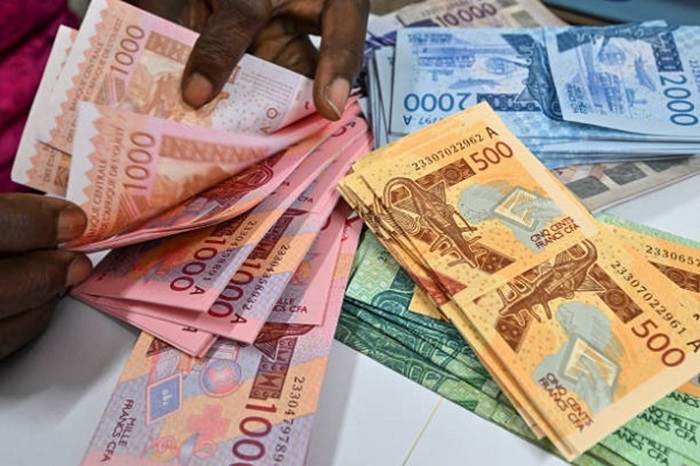Colonialism officially ended decades ago, but its effects are still felt in some African countries in form of colonial tax — a system where former French colonies pay money to France.
These payments, created during colonial times, continue through agreements made at independence. This system allows France to take about 85% of the annual income from its former colonies. As a result, these African countries struggle financially and have to borrow their own money back from France’s central bank as loans.
They can only request up to 20% of the money they sent, and if they ask for more, it can be rejected. France says this system is to cover the cost of infrastructure and buildings it built over 100 years ago.
When an African leader refuses to pay the colonial tax, it often leads to a coup.
Below are 10 countries still affected by this system
Benin
Benin, formerly Dahomey, gained independence in 1960 but still pays money to France. The tax is meant to cover the cost of colonial-era infrastructure and services. Critics argue that this prevents Benin from using its funds for its own development, like building schools and hospitals.
Burkina Faso
Burkina Faso, once called Upper Volta, also became independent in 1960. However, it remains part of the CFA franc system, a currency controlled by France. This forces Burkina Faso to send a large portion of its reserves to the French central bank.
Côte d’Ivoire
Côte d’Ivoire, one of Africa’s strongest economies, plays a major role in the CFA franc system. It also makes colonial tax payments to France, which critics say keeps the country financially tied to its former coloniser.
Guinea
Guinea broke away from France’s financial agreements in 1958, demanding full independence. In response, France removed its resources and destroyed infrastructure in the country. Although Guinea stood firm, it has struggled to fully escape the colonial system’s influence.
Mali
Mali is landlocked and one of the poorest nations in West Africa. It is part of the CFA franc system and continues to pay money to France. These payments take away funds that could help Mali improve its economy and provide for its people.
Niger
Niger has vast uranium deposits that power France’s nuclear energy plants. Despite this wealth, Niger remains poor and part of the CFA franc system.
Senegal
Senegal, known for its political stability, still pays a colonial tax and uses the CFA franc. Many believe this reliance on France holds Senegal back from achieving full financial independence.
Togo
Togo, a small but resource-rich nation, also participates in the CFA franc system.
Cameroon
Cameroon has a dual colonial history under both French and British rule. The country continues to pay a colonial tax to France and is part of the CFA franc system. These financial obligations deepen Cameroon’s dependence on France, leaving fewer resources for local development.
Chad
Chad is rich in oil and other resources, yet it is one of the poorest countries in the world. Much of its wealth flows to France through colonial tax payments and the CFA franc system.
Source: vanguardngr

